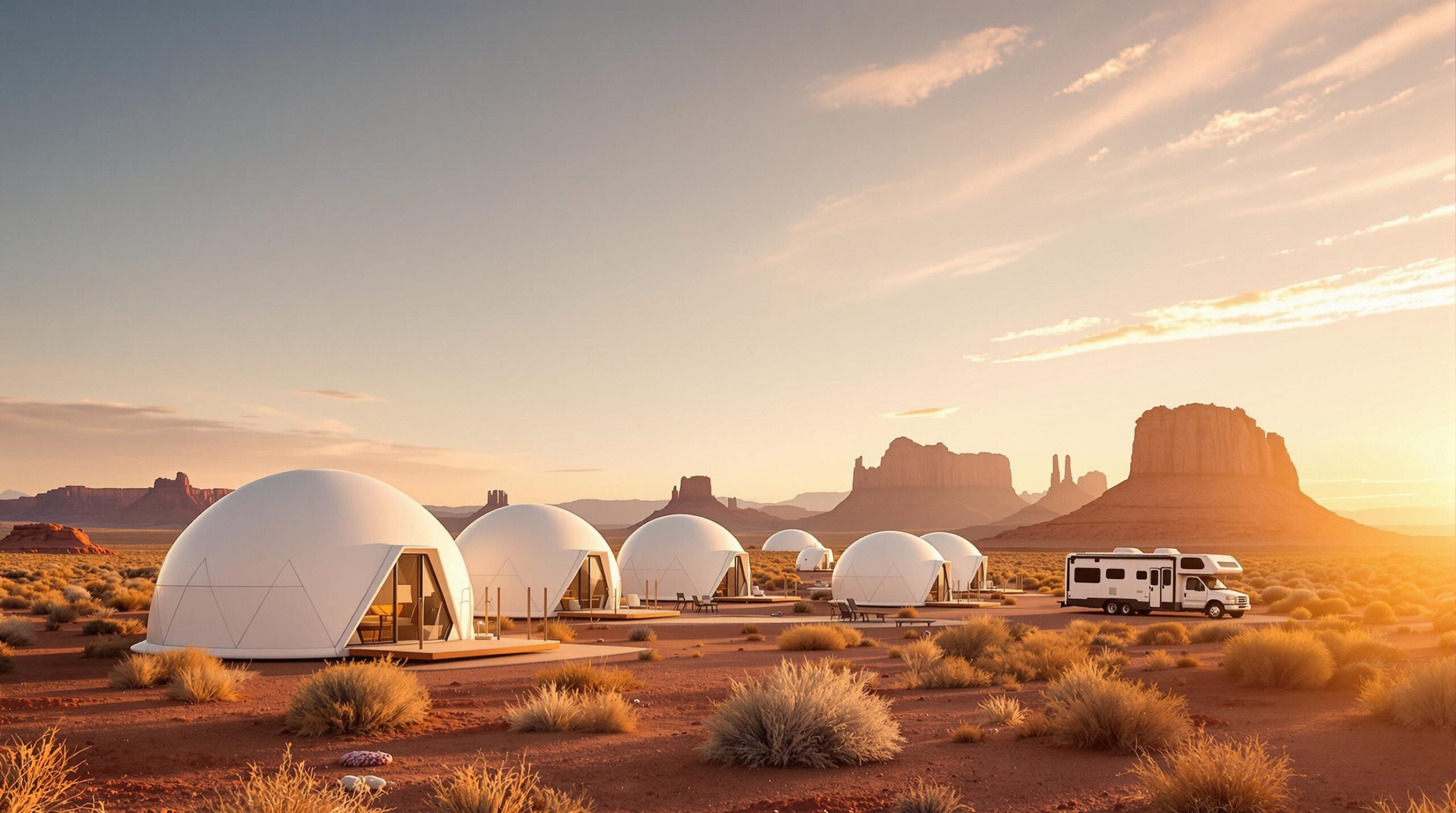Sand Sherpa has launched its sixth season of operations at the Dubai Desert Conservation Reserve (DDCR), continuing to provide the only authorized self-drive camping and overnight adventure experiences within the protected area.
The 2025/26 season introduces new programming while maintaining a focus on conservation and cultural education. Early reservations have opened with limited-time promotional rates available until October 31, 2025.
Among the new offerings this season are cultural activities designed to deepen guests’ connection to the region’s history.
According to Travel and Tour World, visitors can participate in nomad-style cooking sessions using a traditional three-stone fire, reflecting practices of Bedouin communities who once lived in the desert.
Family-oriented features have also been added, including a Saturday night movie screening under the desert sky with marshmallows and popcorn, and morning options that include either a guided hawk walk highlighting the UAE’s falconry heritage or a dune trek exploring the desert ecosystem.
Sand Sherpa retains its hallmark experiences, which include wildlife encounters during the self-drive route to the campsite.
The DDCR is home to over 70 plant species, 18 mammals, 26 reptiles, and more than 140 bird species, making it one of the most biodiverse environments in the Arabian Peninsula.
Evening activities, such as scorpion walks with UV light, provide guests with educational insights into nocturnal wildlife. Meals continue to be a highlight, with fire-cooked dishes followed by breakfast the next morning.
Education remains a core element of Sand Sherpa’s programming. Its Nomad Ways initiative, primarily for school groups, teaches skills such as fire-making, desert navigation, and storytelling, blending cultural heritage with environmental stewardship.
This emphasis reflects a wider trend in the UAE’s tourism sector toward integrating conservation with visitor engagement.
Each guest contributes to this mission through a donation to the reserve, funding habitat protection, species restoration, and management of visitor impact.
For business owners in the outdoor hospitality sector, Sand Sherpa’s model demonstrates how curated cultural experiences, family-friendly programming, and sustainability practices can be integrated into nature-based tourism.
By limiting visitor numbers, partnering with conservation authorities, and offering activities rooted in local heritage, operators can attract diverse audiences while supporting environmental goals.
The combination of ecological responsibility and immersive experiences positions desert tourism as both sustainable and commercially viable.
The season will run through the cooler months from October to March, which provide the most favorable conditions for desert camping.


